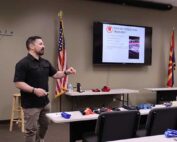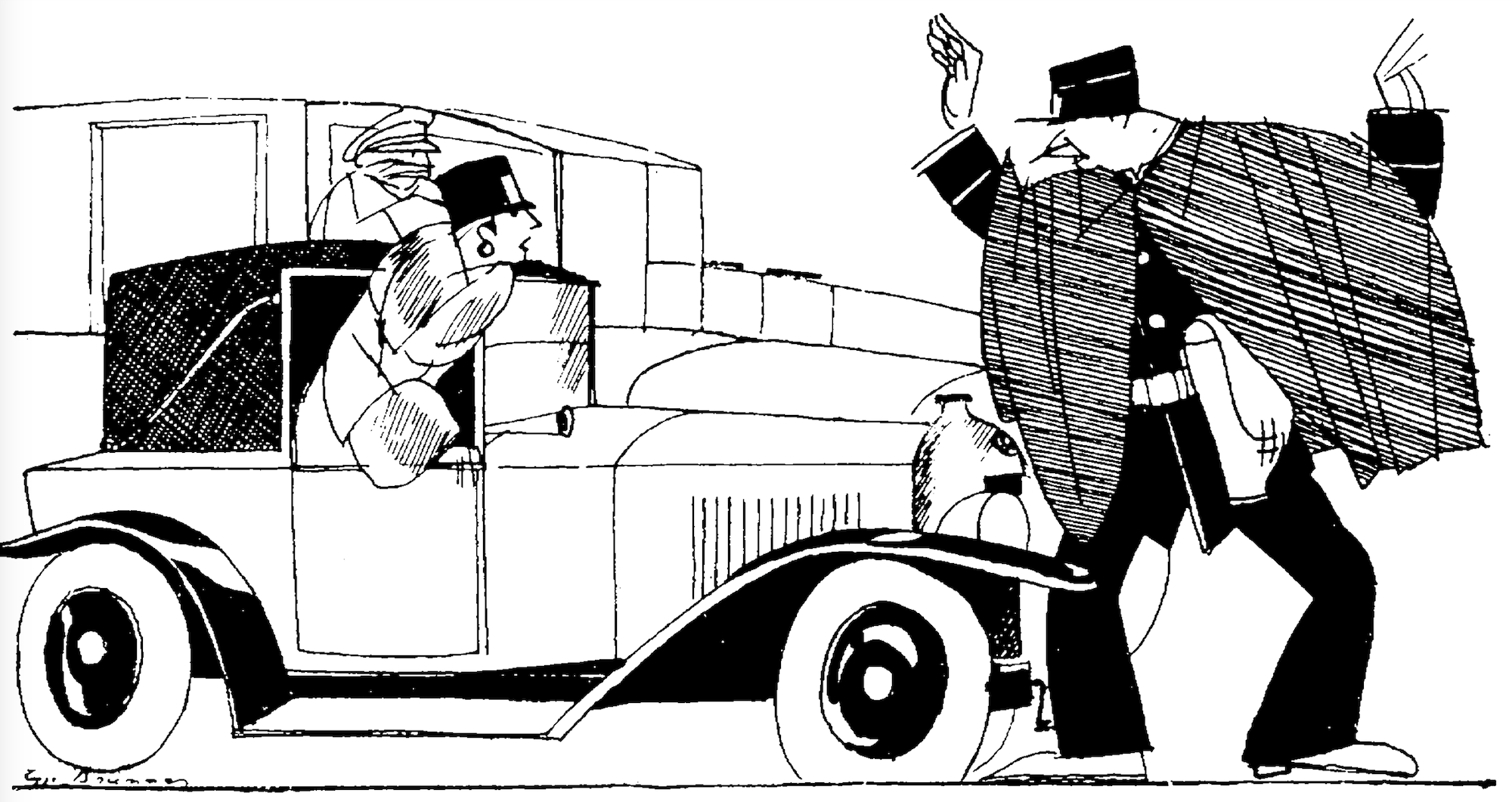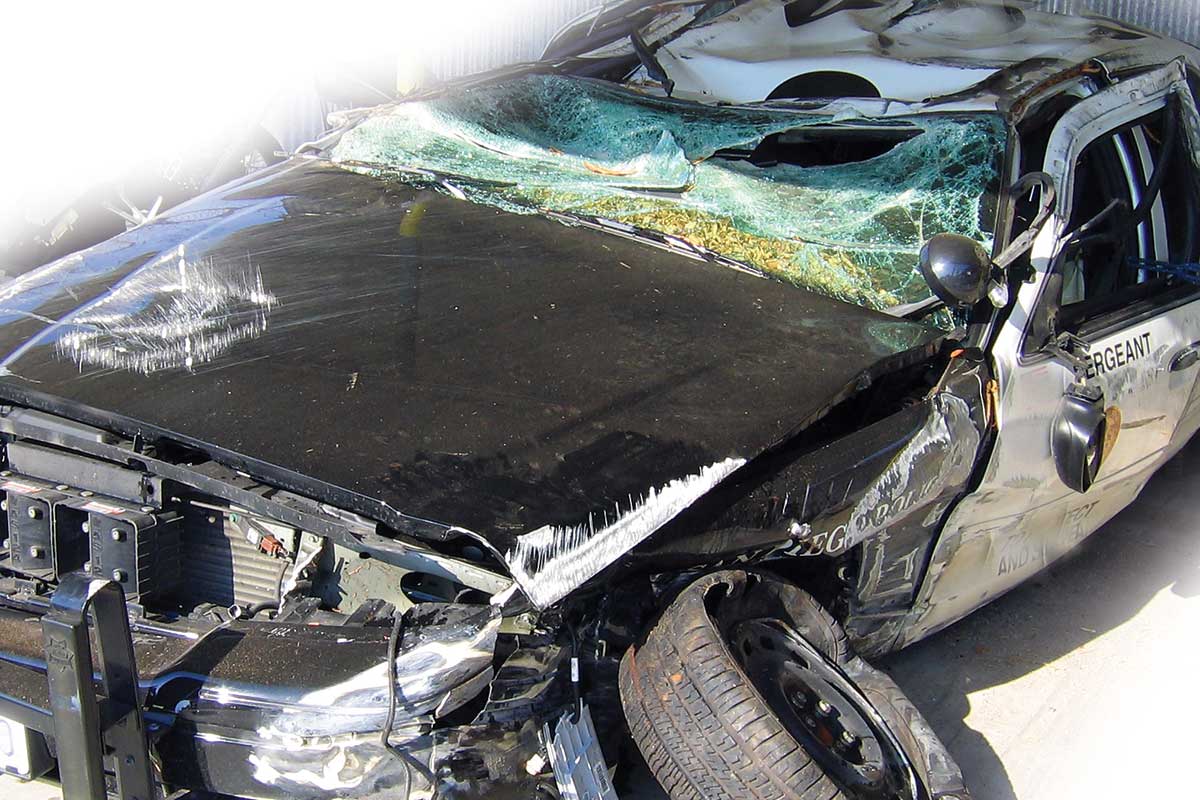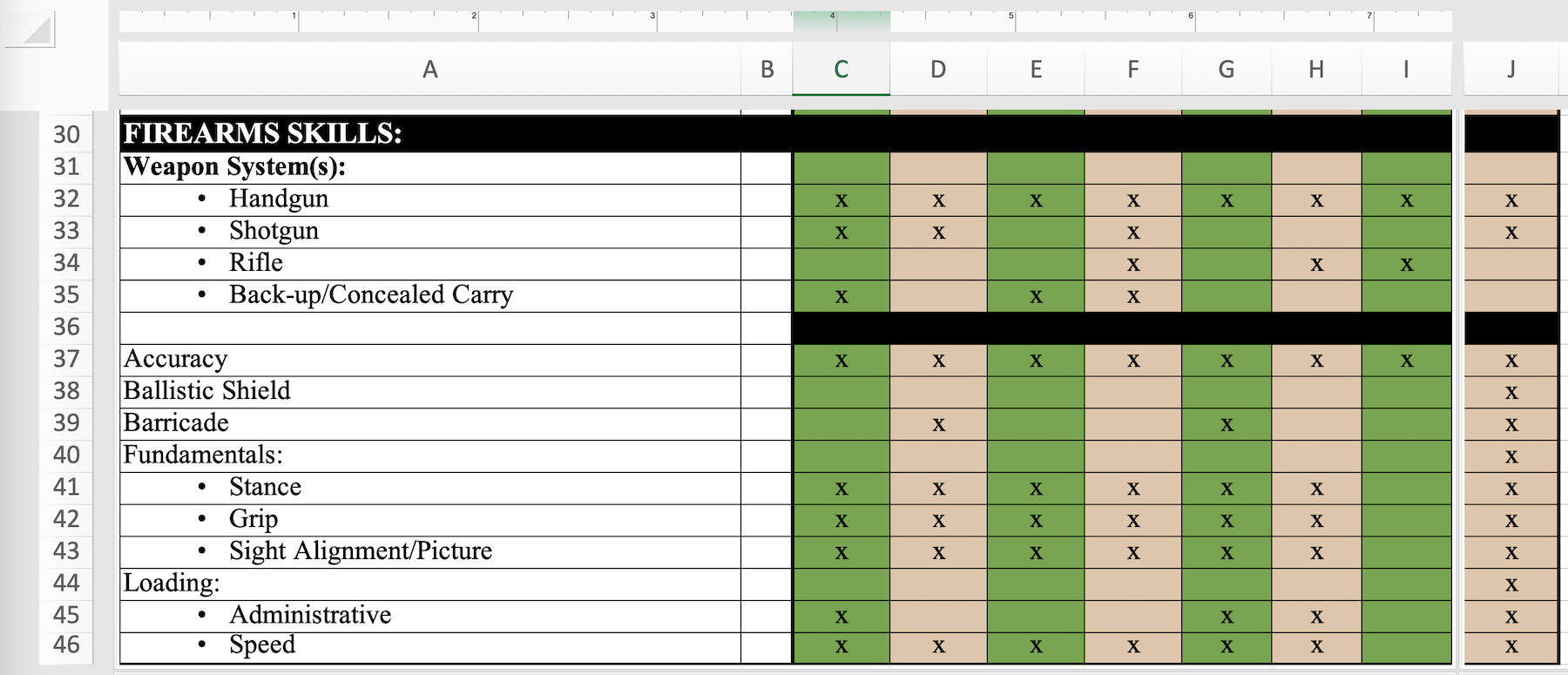
blocks
In the 1980s police work was changing. Simply going out and taking care of your beat in the form of tickets, reports, arrests and citizen contacts was no longer the ideal. It seemed cops were deemed unable to do real police work, unless they did it under the guise of a “POP” project. POP? Problem Oriented Policing — and we all thought, “Huh? What?” Good cops had been doing all the things required in POP long before it was introduced. It’s just that it now had a name — and a specific process — and somehow it then became more about the process than the work itself.
This is all coming up because of the short piece by the publisher (who also happens to be both my former beat partner and husband) Roy Huntington. His From The Publisher column (Nov/Dec “Administrative Academia”) talks about administrators submitting articles to us, which often turn out to be based on Master’s degree papers. But it dawned on me as I read it; it was shades of the POP program foisted upon us by over zealous administrators years ago. Did it do any real good, or was it simply a way to push yet another “feel good” program on us, tie our hands even tighter … and get a name for a wannabe chief at the same time?
There’s a whole industry out there involved in all things POP and COP (Community Oriented Policing), Neighborhood Policing or whatever name your agency labels it. Which brings me to grant programs.
Another example of the process being more important than the actual work is the grant process. There’s a whole industry created to helping people learn the grant process — a clue the process has run amok. I sat through a 3-day class on it (enough to make my head spin) and learned the very grant funds I hoped to get for my agency (assistance for our commercial enforcement unit) would never be available because our highway patrol had a stranglehold on everything. And your needs could be much greater than the agency getting the funding, but if you do anything within the process incorrectly, you’re out. Really.
Around 2004, there were grants available for Airborne Intervention to Reduce Alcohol Impaired Driving aka AIRAID. Acronyms are always an integral part of “special” programs. I’d like to meet the rocket scientist who thought it was a swell idea to hunt DUIs from the sky. What a ridiculous waste of resources; which begs the question: Are grants helping address real world problems, or are we simply making up pie-in-the-sky ideas to get grant money to help build the wonderfulness of our reputation?
I’ll be the first to admit; much grant money is well spent. But, I say it’s high time, yet again, to remind us of the need to get back to the basics of policing. Spinning our wheels (or rotors) trying to quantify what cops are doing is, dare I say it out loud, actually a waste of time and money at times. With police agencies suffering ramifications from funding disasters, many are left with little choice but to pare-down many of the specialized units and task forces. And this is happening while a huge manpower void is growing by routine attrition, officers transferring to other agencies for more money (only to be laid off), and officers retiring to keep retirement health benefits about to be lost.
Might it be better to simply put cops in the field and arrest bad guys, respond to calls for service and be an obvious presence in their communities? Uniformed personnel should not be involved in administrative-type positions, i.e. Regional Community Policing Institute, Strategic Planning, Volunteer Services, Neighborhood Policing Support Team, Public Housing Officers and Community Crime Prevention; these are jobs non-sworn personnel should be doing. Does your agency have a need for a full-time SWAT team, or is it merely fashionable? That $250,000 tank for making dynamic entries (once every 3 years), which actually spends the majority of its time sitting on display or in parades is another money pit. Quick, think of another program that could benefit from the influx of a quarter of a million dollars.
For years, police drinking at the trough of grant funding and other government subsidies have touted all the proactive work they do. But if you really think about it, there’s not much in police work that can truly be called “proactive.” In order to proactively go after someone or something, you’ve got to react to data obtained through citizen complaints, arrests, crime statistics, etc. And let’s face it; sending in a special unit to squash a crime trend in one part of town only pushes it to another neighborhood. So it’s time to circle the wagons, concentrate on core jobs — public service — and be very wary of adopting new units or programs where it’s hard (or nearly impossible) to explain why it’s a good idea. We’re the police … let’s arrest criminals.
What do you think?














